Once a year the Jump Start Festival takes place in New Delhi and Bengaluru. This year’s festival took a special turn – from a forum for creators of childrens’ content it developed to a platform for (digital) educational questions. I was invited as a ‘digital innovator’ to present an ‘edtalk – innovation in education’ and to teach the masterclass ‘Digital Learning Design’.
As I had never been to India before, my knowledge of the country derived from books and documentaries. Here are my first impressions of the country, its people and the educational potential. And yes, of course, my view is limited, the people I met are the educational élite and so on…
- The concepts of skills based learning and constructivism are well known and I discovered interesting concepts of how these ideas find their way into Indian schools – from drama classes to singing experiences.
- The people I met had a wonderful sense of humor and a capability of self-criticism. Both are necessary to make major changes in education.
- Together we created chapters for a multimedia schoolbook (mBook) on Indian history. A task that requires knowledge about theory, content, technology and design. Both masterclasses in Bengaluru and Delhi were exceptionally motivated to develop their task in the masterclass in order to tell Indian history in a different way. The results were extraordinary.
- The people have a necessary and well developed skill of improvisation: “No internet?” – “No problem, we will find some workaround.”
- This constant need for improvisation is also a big impediment for further development.
- The combination of a high motivation in education, an exceptional optimism in the technical future and the will to improve education make India a very interesting digital market for education in the future.
- If India will be able to get rid of the obstacles that still hold it back, the country will witness an exceptional educational boost. And this educational revolution will be a digital one.
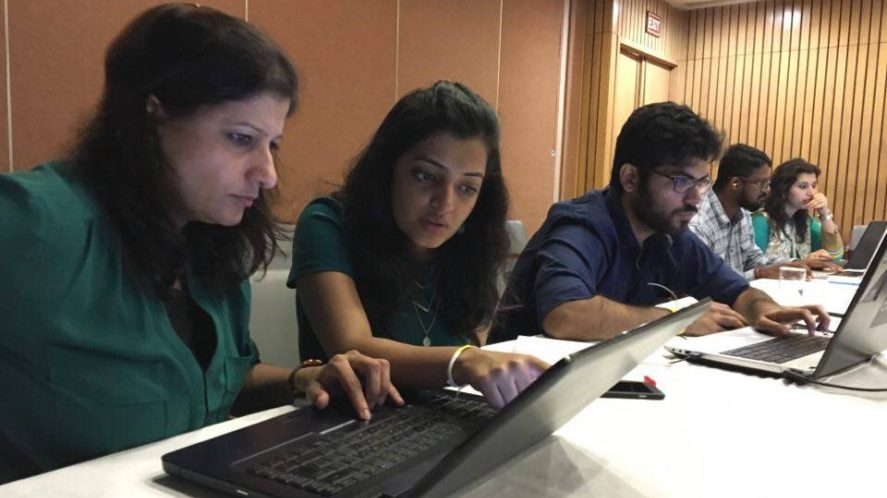
Masterclass Digital Design New Delhi, India 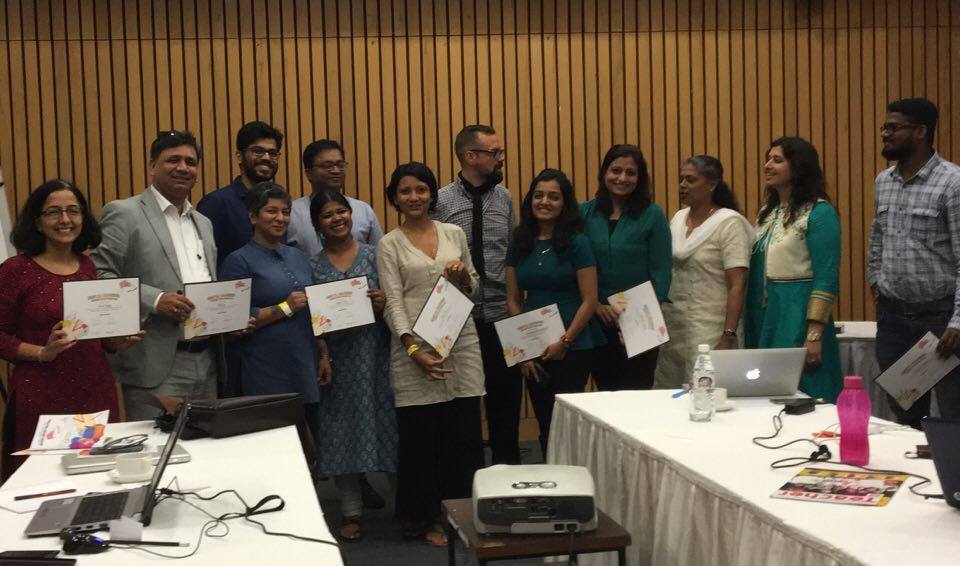
Masterclass Digital Learning Design New Delhi, India 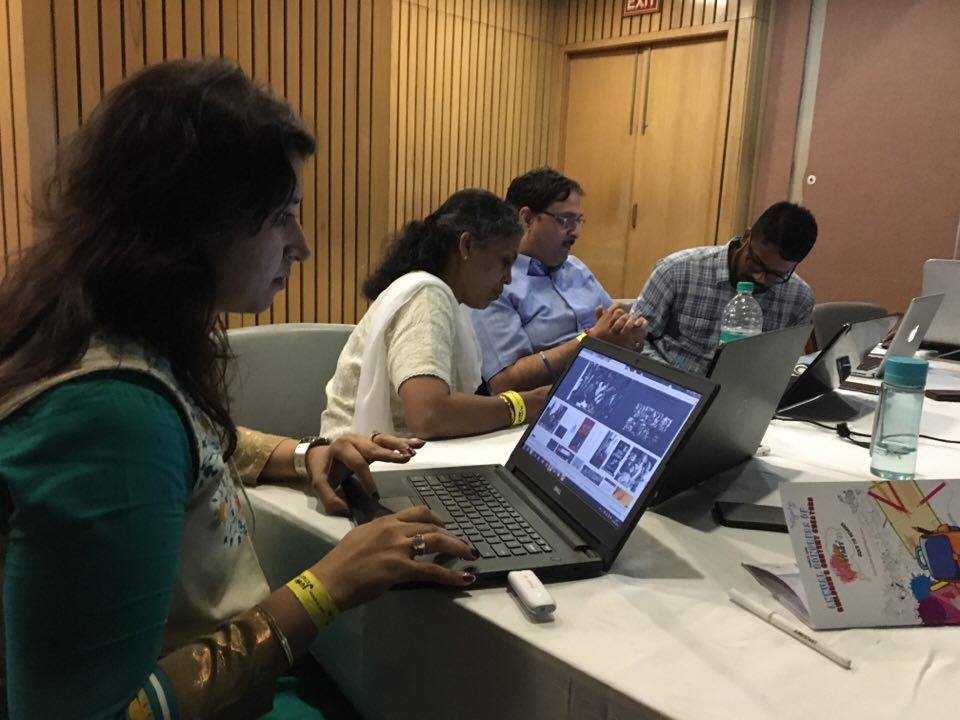
Masterclass Digital Design New Delhi, India 2 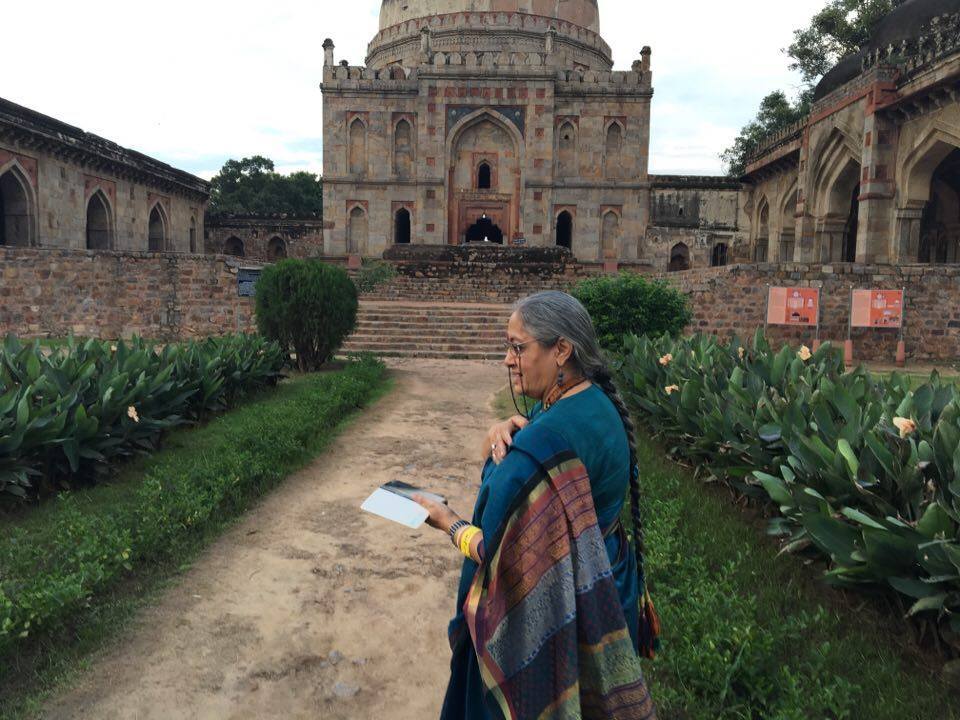
Traditional and Digital 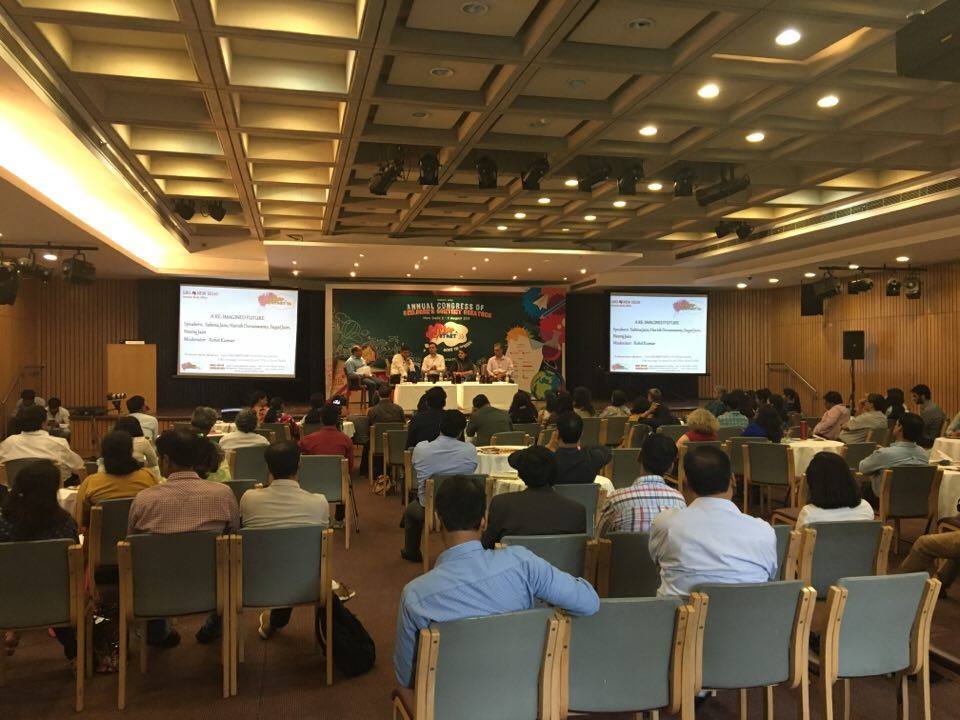
Jump Start Festival Conference Room New Delhi 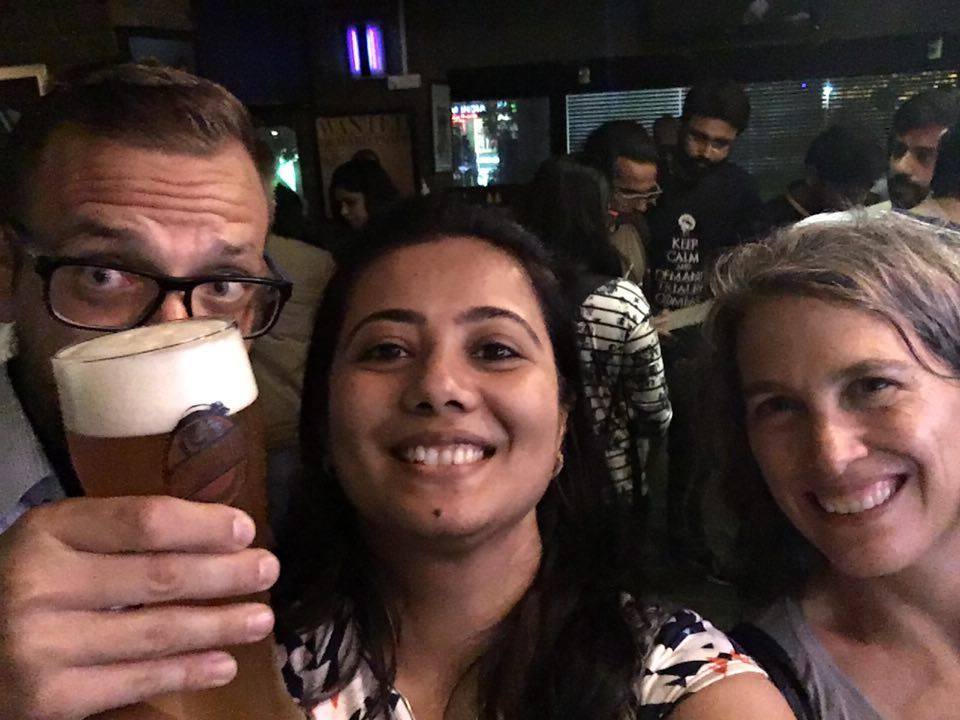
Wheat-beer in India 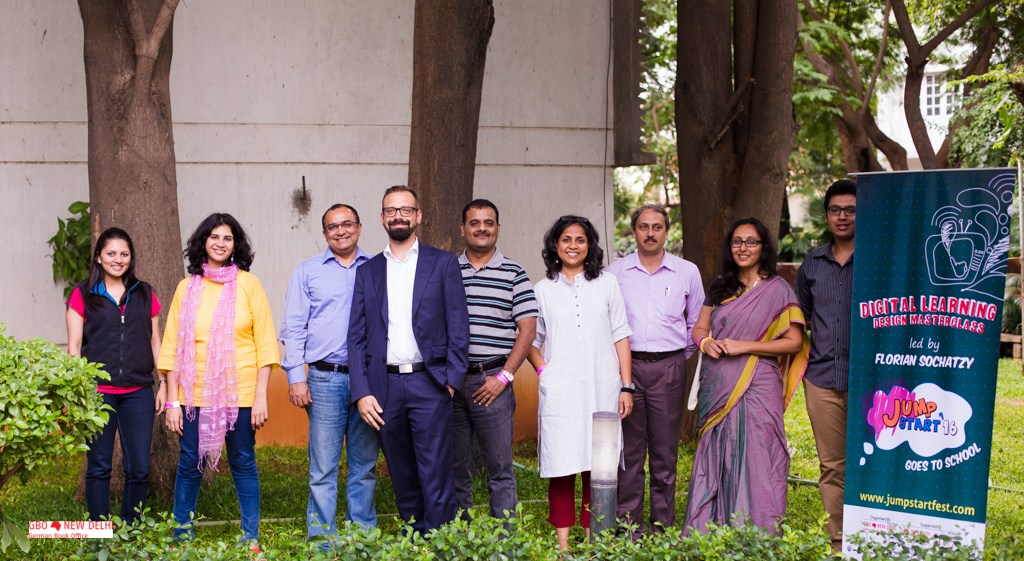
Masterclass graduation photo
To elaborate some of my views on the topic, I have added an interview with the Magazine ‘Career 360’:
360: In what way is digital learning impacting the learning landscape?
Sochatzy: Digital learning has a lot of potential if you know how to use it and add value to it. Digital solutions per se have normally no advantages. It can change the learning landscape into the direction of collaboration, communication and critical thinking.
360: In the context of e‑learning, how will the intention of the narration form a design strategy to bring in innovation?
Sochatzy: Theory and intention form content and content forms technology and design. First you have to know why you want to tell a story, then decide what the story is about and only then you decide what media or what form of (digital) publishing you will use. This order ensures the quality and therefore relevance of the content. Digital publishing solutions and media should only be used if you can create real added value for the users, in our case teachers and pupils.
360: What are the requirements of digital learning?
Sochatzy: If I dream about an ideal digital learning-environment it consists of the following ingredients.
- well trained and skilled teachers who love to teach their subjects and know how to use technology
- a school system that fosters creative and collaborative learning environments
- students with digital skills and the methodical knowledge who are able to create and communicate
- parents who are not afraid of the digital future
- easy access to devices and internet
Only few schools have all these ingredients at the moment, but the numbers are increasing.
Don’t let you stop by a imperfect learning surrounding. The more people
use the potentials of digital learning, the faster we will be able to
improve education.
360: You said, “Seldomly revolutions begin at the top” in the context of bringing in digital concepts in education. Can you elaborate with examples from Germany?
Sochatzy: Ministries and educational authorities in Germany are very slow in supporting digital learning in schools. Many teachers and pupils are unhappy about this situation and begin changing school on their own. This will hopefully become a strong movement. Do not wait until the government solves the problem, start your own digital education revolution from the bottom.
360: Is India prepared for a paradigm shift in learning with the help of digital learning? What all needs to be put in place before we can think of positive impact of digital learning in India?
Sochatzy: A digital and skills based
learning shift is a labor-intense task. But, are there realistic
alternatives? I do not think so. Conditions for a digital shift in
education are not ideal in many places. But this can not be the argument
for not beginning a paradigm shift.
Just think about what changed within the last 20 years. For the change in the next 20
years you have to be well prepared, otherwise the future will take
place somewhere else. The basis for this change are well trained
teachers and a technical infrastructure. India has great potential to
become one of the important players of the digital future — if it does
not miss to change education as soon as possible.
360: Any other idea you would like to elaborate on related to digital learning?
Sochatzy: The digital revolution can not be turned back. This is a fact we have to accept in education. In the future, facts based learning will not help you, as facts are instantly available everywhere. What you will need are skills — skills to create, to innovate, to communicate. Let us comprehend the digital revolution as an opportunity to improve education and therefore our lives.